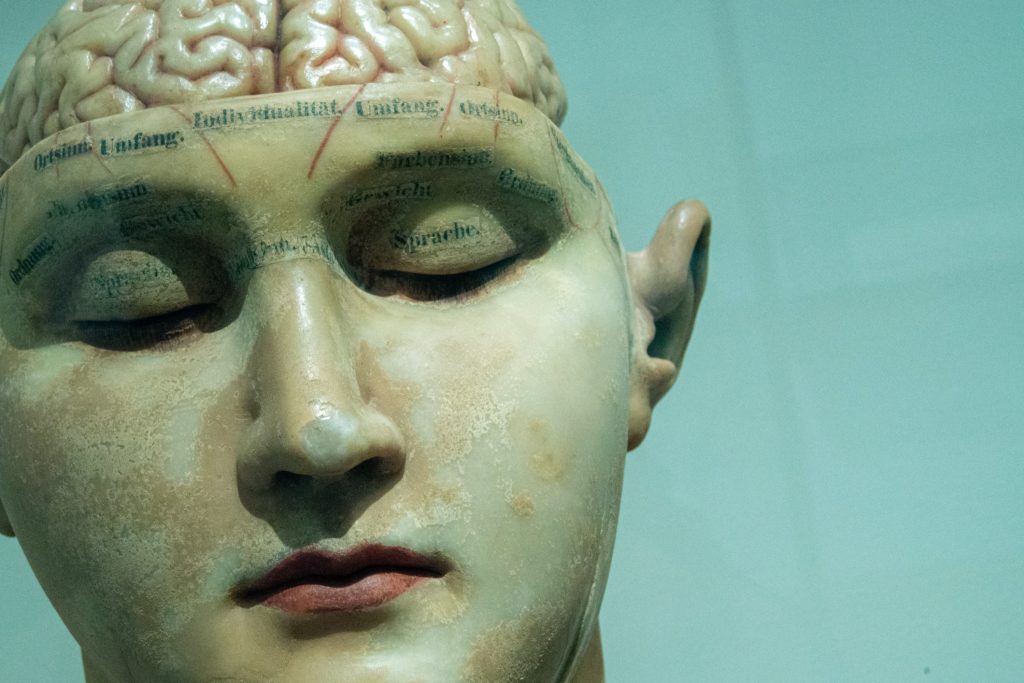
Since March is Brain Injury Awareness Month, it’s only fitting that you take some time over the next several weeks to give some thought to how brain injuries can be prevented, as well as how people who have been injured in this way, can enjoy a happier lifestyle. In Oxford and elsewhere in the U.S., there are enough serious brain injuries that it has become a major concern for medical professionals. In the year 2014 alone, there were 155 traumatic brain injuries each day of the year. That’s just under 2,000 major brain injuries for the year, and that’s a lot of people whose lives were degraded in the trauma of a moment. Senior home care professionals sometimes have to deal with charges who have endured major brain injuries, and it calls for special care. Here is what happens to your brain when it has been seriously injured.
Normal aging of the brain
Even without any kind of significant injury, most people’s brains will undergo significant changes as they age anyway. Scientific research tells us that one of the things which happen during aging is that there will be a shrinkage of brain mass in the frontal lobes of the brain, as well as in the hippocampus. These are both areas that are involved in developing new memories and higher cognitive function. This shrinkage generally begins between the ages of 60 and 70 and continues right up until the end.
Another naturally occurring impact on the brain is its cortical density, which means that there are fewer synaptic connections on the outer surface of the brain. These fewer connections are thought to lead to slower cognitive processing. Research has also shown that the volume of myelin or white matter, shrinks as the brain ages, and this too results in a lessening of cognitive function.
Since this white matter is responsible for carrying nerve signals between the cells of the brain, it stands to reason that cognition would be impacted. It is also known that fewer chemical messengers are generated in the brain as it ages. This causes a decrease in serotonin, acetylcholine, norepinephrine, and dopamine, all of which play a role in cognition, memory, and avoiding depression.
Aging of the brain after injury
The brain is totally responsible for every activity the body is involved with, and that means it manages physical issues, cognitive thinking, and emotional behavior. When the brain has been damaged somehow, it’s more than likely that one or more of these three areas will be affected in an observable manner. A fairly young person who undergoes a traumatic brain injury (TBI) will probably be ambulatory and able to use their hands within less than a year after suffering the injury.
For an older person, this may not be the case, and the brain may not be able to recover its former expert management of physical activities. It does happen fairly often that an individual with a traumatic brain injury cannot be as proficient in sports as they once were, or they may experience fatigue issues when playing for a prolonged period. While older individuals may not be concerned with peak athletic performance, they may be subject to unusual fatigue issues.
Individuals who have undergone a TBI will generally have some kind of difficulty with cognitive skills, for instance remembering events or information, or trying to focus on specific issues. It will sometimes be noticed that they think slowly, speak at a slower rate, or have difficulty solving problems. They might also have language problems, both with their own expression and with trying to understand what others are saying.
It’s entirely possible that someone troubled with a TBI could have difficulty maintaining their independence and being in charge of their own life. Any of these problems with cognitive thinking will be worsened when the brain has undergone significant aging because it will be less capable of coping with those changes. An older person experiencing a traumatic brain injury might never recover their former speaking and understanding skills, and they may be incapable of independent existence.
There will almost always be significant behavioral and emotional problems associated with a traumatic brain injury, regardless of the age at which they occur. When brain tissue has been damaged in the frontal lobe, behavioral changes will be particularly noticeable, since this area responsible for controlling behavior and emotion. Many people who have undergone a TBI will become frustrated with their reduced capabilities, and that will lead to behavioral changes.
These individuals might exhibit increased restlessness, become more dependent on others, they might be more irritable or aggressive, their motivation might disappear, and they might develop a lack of self-awareness. When an individual is unaware of the changes which have resulted from a TBI, it could be due to the brain damage itself, or it could be an unwillingness to face up to how serious the situation is. Suffice to say that any traumatic brain injury which impacts a senior individual, will almost always carry more serious results and impacts than it would for a younger person.
